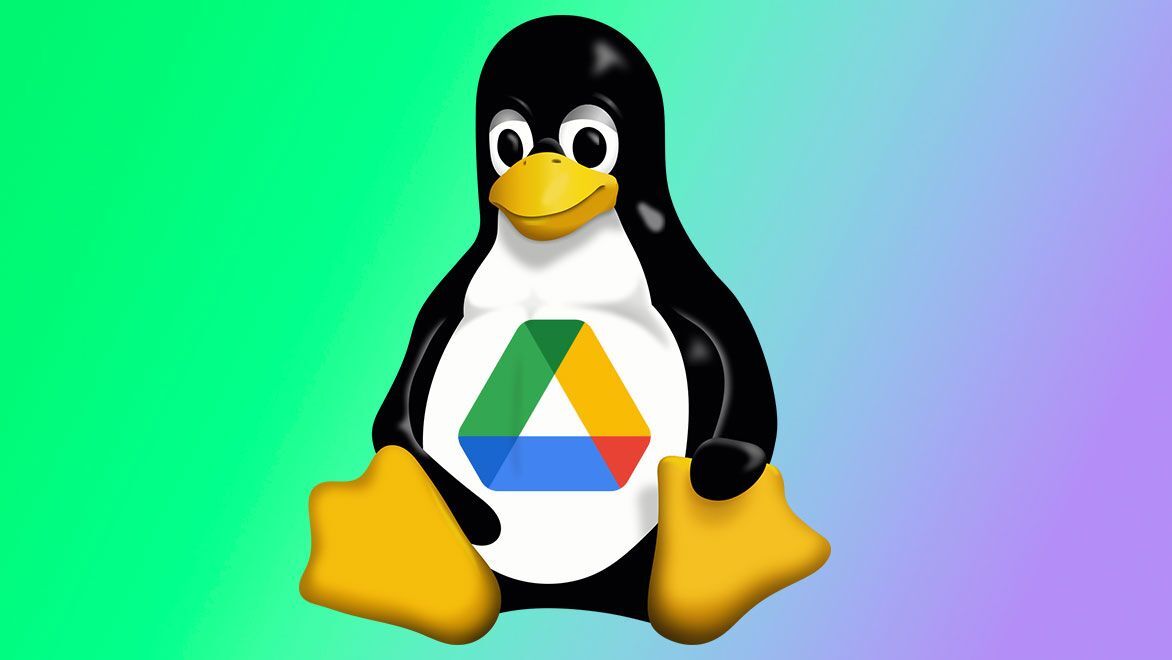Ersei, the developer behind this so-called Cloud Native Computer, says the project was primarily a “silly” pursuit. There is also a problem with booting from Google Drive currently being very slow. However, the dev also boasts that “the possibilities are endless” and would welcome any companies or individuals who wish to get in contact and discuss commercializing this project or something related to it.
So it’s a thin client remote booting extremely slowly over a really high latency connection. Cool, the 1980s called and they want their tech back.
So they reinvented terminals, but worse
Put a swap file on that bad boy boy and they’ve invented downloading ram!
This is a revolution.
Aw yiss, all of my information on Google’s servers siiiiiicc
Wow this sounds useless. Congratulations or whatever.
deleted by creator
This is different (and far less practical than Apple’s approach). This one doesn’t download the OS and store it, it pulls the files from Google drive every time they’re accessed, so it’s incredibly slow by comparison, but is technically running from the cloud. The Apple one downloads everything it needs and stores it, then pulls from that local copy.
So it’s like PXE booting without a permanent local disk. If you have enough RAM, that’s probably fine.
Or is it only downloading the kernel and loading literally everything else over the net with no RAM cache? If so, that’s terrifying.
I’d argue it’s a bit worse than PXE booting, since they talk about having the actual bootloader on a USB stick, whereas the same thing could have been done by having the boot process remote too.
Yeah I believe it’s loading everything over the net. I haven’t looked super closely into it. I’m not sure what, if any, practical applications there are for this. Seems like it’s just a fun impractical project. I’m here for it. But you’re right about it being terrifying lol.
deleted by creator
I was also adding to the discussion. You commented something it reminded you of, I commented the difference between the two. This may be an important point for those who are not familiar with either of these technologies.
deleted by creator
Yeah it’s very common unfortunately. I didn’t intend to undermine your contribution or anything. Sorry for that regardless.
Yeah apparently adding to the discussion is frowned upon here, my comment chain got derailed by a “joke” because I tried to differentiate between the cloud and a PC to have a discussion….
That’s not booting from the net that’s downloading an image and keeping it in RAM without sending any changed data back to the cloud, or needing to fetch anything once the image is downloaded.
deleted by creator
Interesting experiment, but I’d rather have a personal machine that isnt completely useless when/if the internet goes out. Also would be nice not to depend on a centralized service that could easily revoke access.
Seems like it’s better suited for company work computers.
when/if the internet goes out.
Or worse, when it basically sends a different image…
Looks like a new CVE dropped lol
Good luck booting when Google nukes your account
Reminds me of the image macro about using drive as your swap
So we’re back to
PXIPXE? Everything old is new again.Neat technical problem to solve though just for fun
I set up a PXE image for the Arch installer and scripted the whole installation. The idea was to switch the boot order and have it auto-reimage, such as for a IOT device deploy.
Once I built it, I never used it again. But it was a fun afternoon.
I wonder if it’s still used for POS such as registers?
Maybe in larger orgs. I’m guessing it’s also used in public computers like in city and university libraries, as well as quick imaging of corporate computers at larger companies.
Yup. At work, we have a contractual requirement to replace certain PCs within a certain time frame. (Don’t ask, it’s stupid.) And we’ve got a lot of them. So we’ve got the Windows imaging process scripted to be very low-touch. (It also makes it much easier when someone leaves or has a really fucked up PC. Give them a new one, restore their data, reimage the old.)
Was gonna say. Has no-one heard of diskless boot (PXE on x86).
I’ve done it in the past with OpenBSD: https://man.openbsd.org/diskless
y tho
“Primarily a silly pursuit”
Yeah, but it then goes on saying
“However, the dev also boasts that “the possibilities are endless” and would welcome any companies or individuals who wish to get in contact and discuss commercializing this project or something related to it.”
And that’s what I’m saying “y tho” to.
I mean, shit. If I did something stupid for fun and some idiot business major wants to pay me for an implementation, regardless of how useful It actually is, I’m not turning it down.
Funny
funny
One of my duties in my first job was to build diskless computers. I’d record an EPROM in the station and boot from a Novell server.








